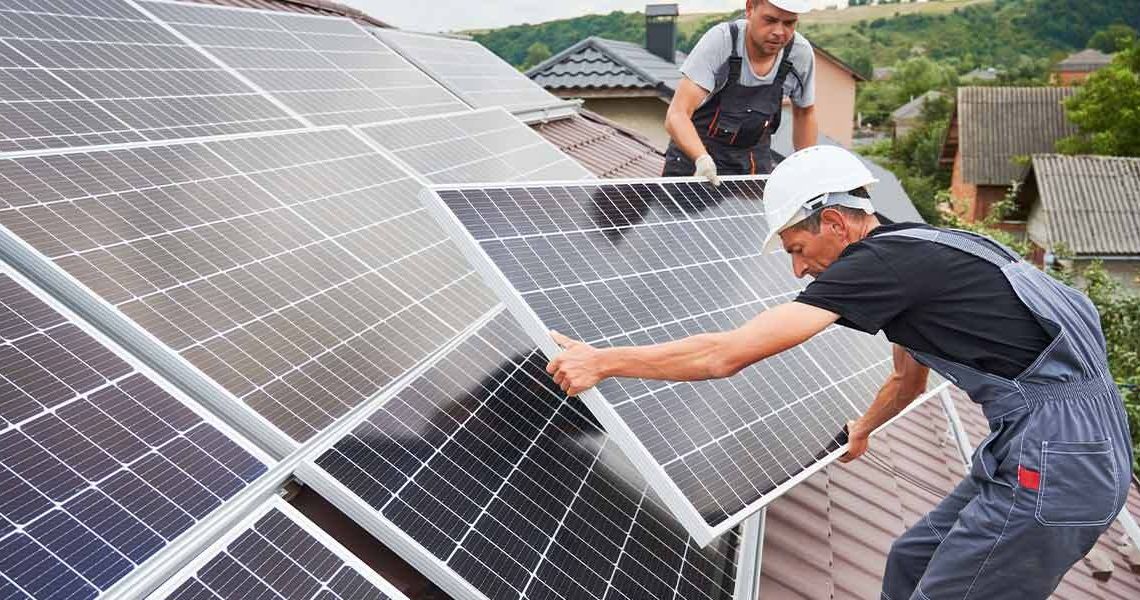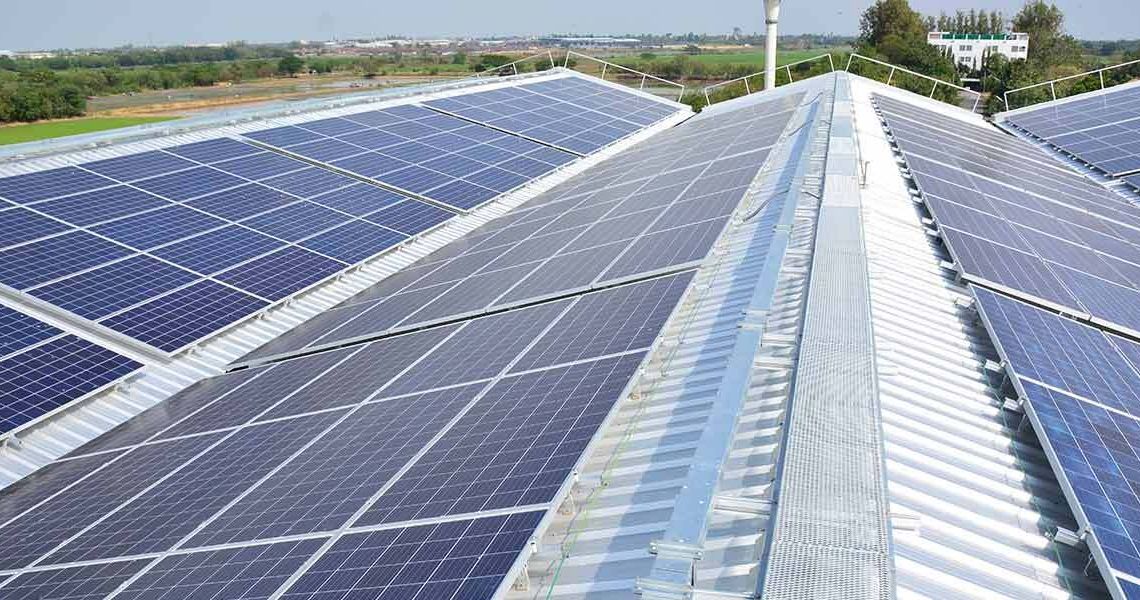Solar cells are not considered new technology, but they are not yet fully discovered either. The solar system can power a bank of batteries, allowing electricity to be stored overnight or when cloud cover hinders the efficiency of electrical generation.
In other cases, the system can connect directly to the home grid, allowing the user to supply power to the utility for profit. In some cases, solar system production may even offset the bill entirely - depends on many factors and can determine whether or not it's worth going solar.
So, are solar panels worth it?
Let`s discuss. Solar panels are worth it due to several factors.
The closer the house is to the equator, the higher the intensity of the sun, thus the more energy the solar system can generate. Homes, where electricity is more expensive (such as California, Connecticut, Massachusetts, and New York), will benefit more from solar panels than those where electricity is relatively cheap (Louisiana, Washington, Oregon, and North Carolina).
Federal, Local, and State-Level Tax Incentives
Some programs can make it more expensive to install solar panels. For example, people installing solar panels can benefit from a solar tax credit of up to 30% of the total cost of the system between 2022 and 2032.
Energy Bills and Consumption
A solar system can reduce a homeowner's electricity usage, lowering their energy bills. The best solar system can actually help the homeowner make money - the system produces more electricity than is used at home, and homeowners can sell the extra power each month to the utility company.
Property Value
Solar panels will make your home more affordable, and in terms of energy-efficient maintenance, they can have a positive impact on your property value. Depending on your location, quality of installation, and local market conditions, the impact of solar panels on property value can vary. Long-term savings on electricity bills can offset the initial cost of installing solar panels, making them a wise investment for many homeowners.
Environmental Impact
Solar panels are great for the environment. Because solar panels generate electricity without the emission of greenhouse gases or the need to extract, transport, or burn fossil fuels, solar panels have the least negative impact on the environment compared to other forms of energy production.

Are solar panels worth it in California?
Texas homeowners pay an average of $30,935 to install solar panels, or $21,654 after the 30% tax credit is taken into account, which meets the approved standard. Many Texas homeowners wonder if solar panels are worth the investment.
With the average cost of electricity but the fifth highest energy demand nationwide, most homeowners will save a lot in the long run from a home solar conversion. So, is it worth it to go solar in Texas?
Although Texas is the second most popular state in terms of solar systems, installing solar panels will not be right for every Texan. It is important that you evaluate your home and choose a solar installer to help you decide if solar panels will benefit you and ultimately save you money. Below are some points to consider that can help you decide if solar panels are right for your home.
- Your home's energy use
- Solar Energy Costs in Texas
- Average buyback period in Texas
- Average Repossession Prices in Texas
- The effects of the sun on your roof
- The outlook for solar systems in Texas
Your Home’s Electricity Consumption
Solar panel systems are sized primarily based on your energy needs, and the cost of your panels will also largely depend on this metric. Homeowners who use less than 500 kWh usually find that solar panels are not worth the investment because they pay for themselves by reducing or eliminating energy costs.
Texas ranks fifth in the nation for homes with high energy needs, with the average home using 1,132 kWh per month. Although there are other factors to consider, this means that most households will benefit from installing solar panels in terms of energy consumption.
Texas also has high energy rates, making solar conversion more profitable for most homeowners. You can check your average energy usage on your previous electricity bills.
Are solar panels worth it in California?
California is consistently ranked among the top states in the country for solar energy use and is currently the best place to go solar.
California residents pay an average of $16,380 before the federal tax credit, or $11,466 after the 30% credit. This is well below the established average, and residents also benefit from a number of state and government solar incentives that generally increase the cost of solar panels. So are solar panels worth it in California?
While California is the number one state in the country for solar conversions, going solar won't be right for every homeowner in the area. Determining whether solar energy will benefit you requires some calculations, and there are several factors below.
- Your home's energy use
- The cost of using solar energy in California
- Average payback period in California
- Average repossession rates in California
- Your roof's solar exposure
- The outlook for solar in California
Conclusion
Solar panels are usually considered valuable in homes that use more than 500 kWh each month. You can determine your average energy usage by examining your past electricity bills. Owners who use much less than average may find that the return on investment is too low to make going solar worthwhile. However, the average level of energy consumption should also be considered. Many residents of the state of California would still benefit from a solar conversion, even if their energy needs are slightly lower.


